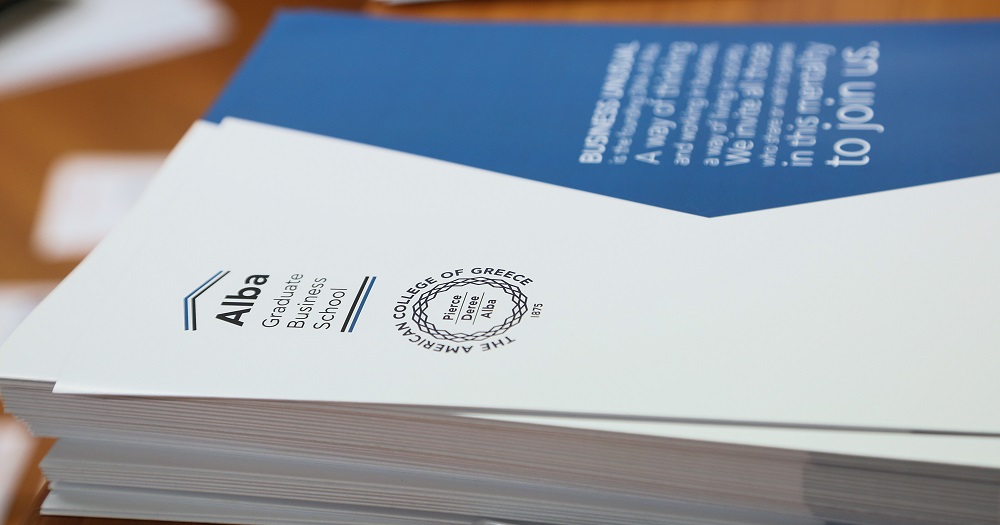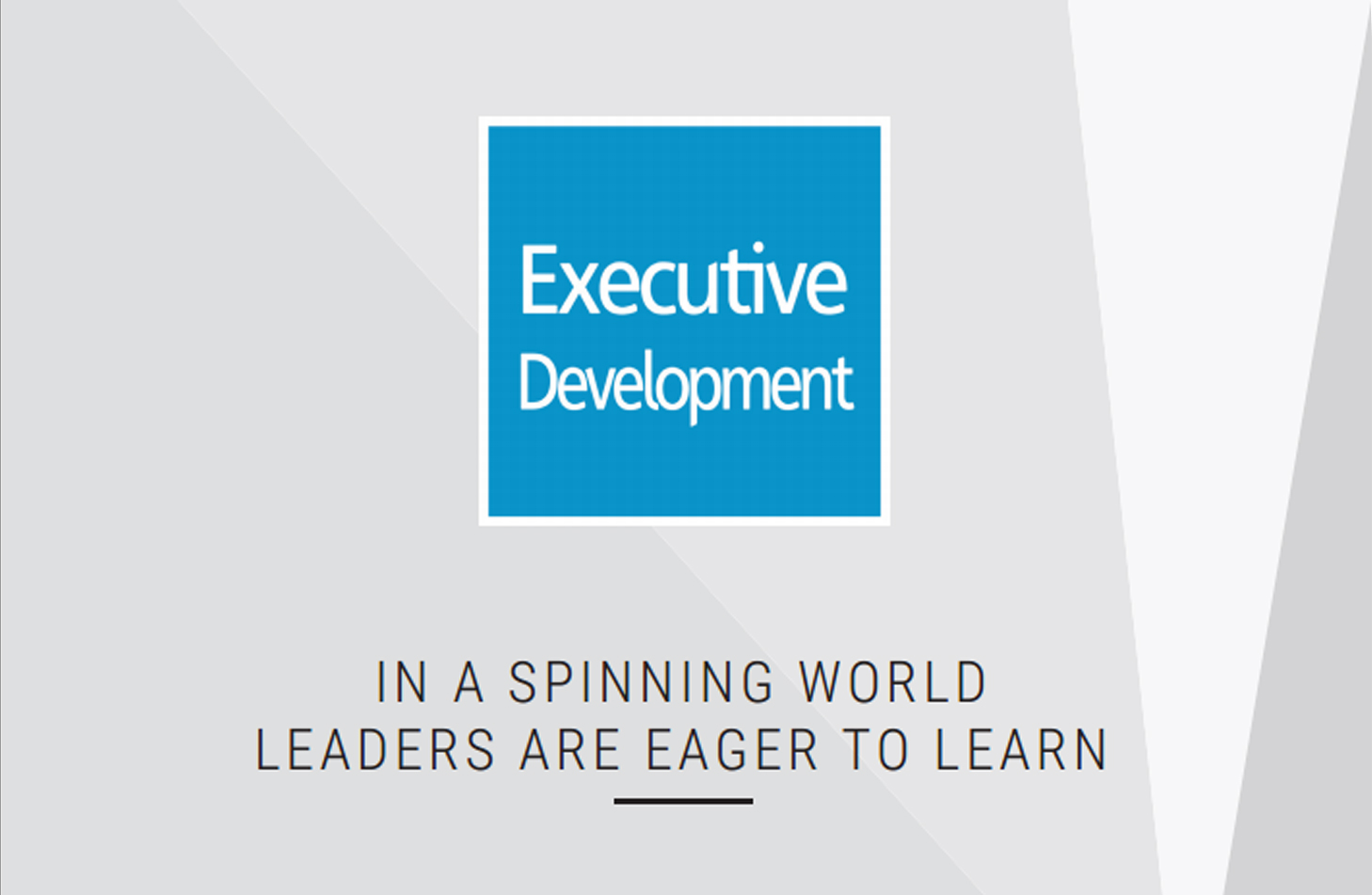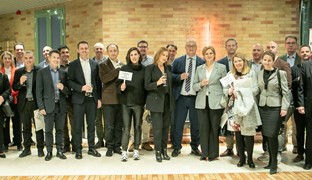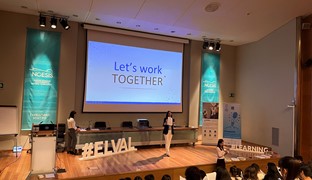Optimism in the Labor Trends for 2016

According to the Recruitment Confidence Index (RCI) which is conducted annually, by the Applied Research & Innovation Department of ALBA Graduate Business School at The American College of Greece, there will be a slight increase in the recruiting activities in the Greek labor market in 2016, since there is an increase to the index compared to previous years. The Index is currently 114.08 and it is close to the levels of 2007.
The main objective of the survey is to explore the perceptions and trends of companies regarding their recruitment processes and methodologies until the end of the year. The RCI 2016 was conducted in February-May 2016 with the support of Kariera.gr. More than 1.800 invitations were sent to HR departments, Recruitment and Selection Managers, CEOs, etc. of Greek companies.
The main findings of the survey can be summarized as follows:
1. Only the 16.3% of the companies are expected to reduce the number of their employees until the end of 2016, while only 6.9% of the respondents decreased salaries the last 6 months. However, 44.2% will proceed with recruiting new employees
2. Although the financial crisis has affected most of the companies, companies feel optimistic for their future
3. The industry sector that is expected to increase their recruiting activities (80%) is the Energy sector while there will be substantial recruitment activity at the services sector as well. Manufacturing, Retail and Pharmaceuticals also expect increase in recruiting.
4. Recruiting junior young graduates is priority to the companies (45.4%).
5. Companies that will employee new personnel will mostly search for Sales, manufacturing/engineering, customer service employees, marketing and IT executives.
6. Companies face major difficulties to find talent.
7. One out of two companies still hasn’t defined TALENT in the company.
8. Lack of skills and competencies is the most common difficulty the companies face when looking for talents. Brain drain and lack of working experience are also major concerns.
9. Brain Drain is more severe in Multinational companies
10. 22.6% of companies have been affected during crisis in retaining their talents.
11. Middle level experiences more talent losses.
12. Sales, Production/engineering and IT departments suffer more.
13. Lack of career path, and personal development, financial reasons and the political/economic situation of Greece are the main reasons that make talents go to UK, US, Germany, Switzerland, UAE, and Scandinavian countries (popular talent destinations)
The collection of data for 2017 will take place during February- May 2017. You may download the complete report with the results of the survey, as well as the analysis concerning the repercussions of the financial crisis (special theme) – Talent Management and Brain Drain here . The report is in Greek only.






